News
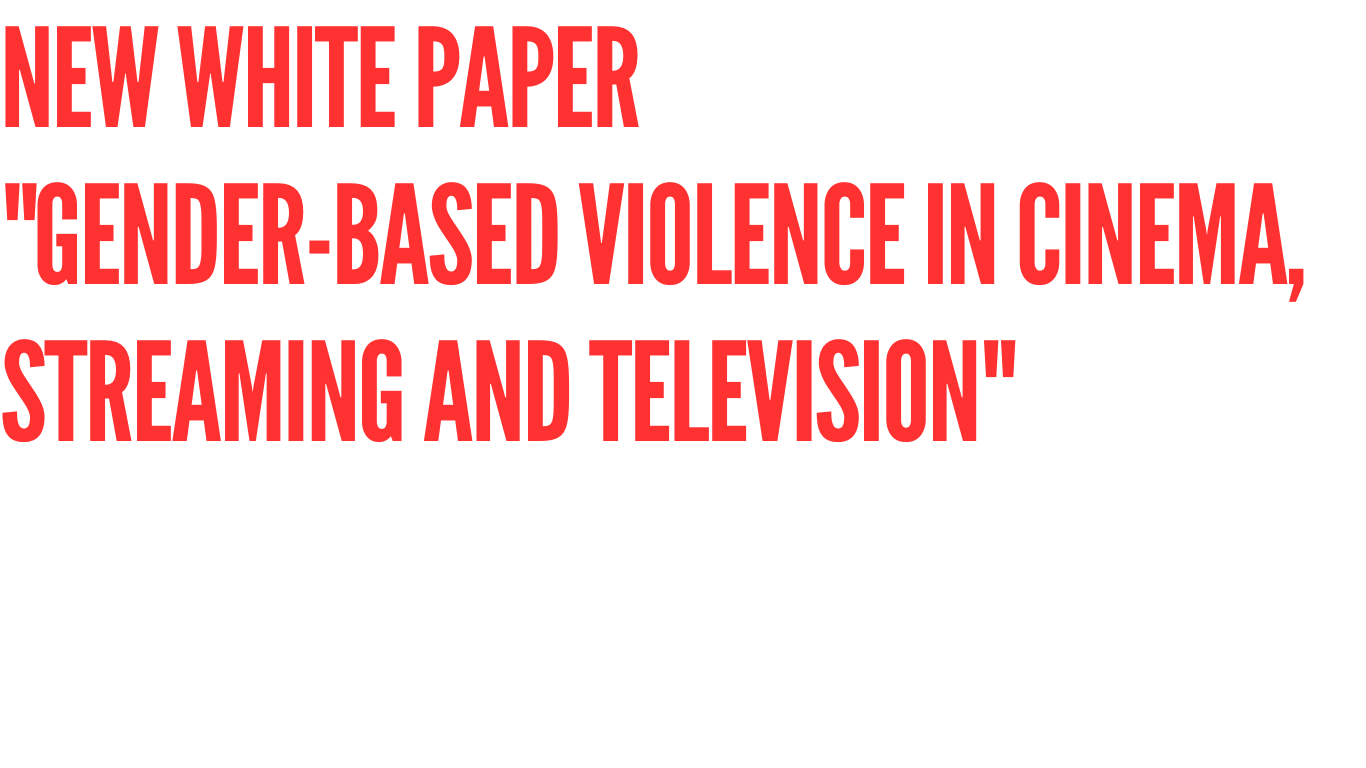
Ending violence against women and girls
Women in Film & Television Germany (WIFT), the MaLisa Foundation and Bundesverband Schauspiel (BFFS) publish white paper on storytelling and staging
read more...
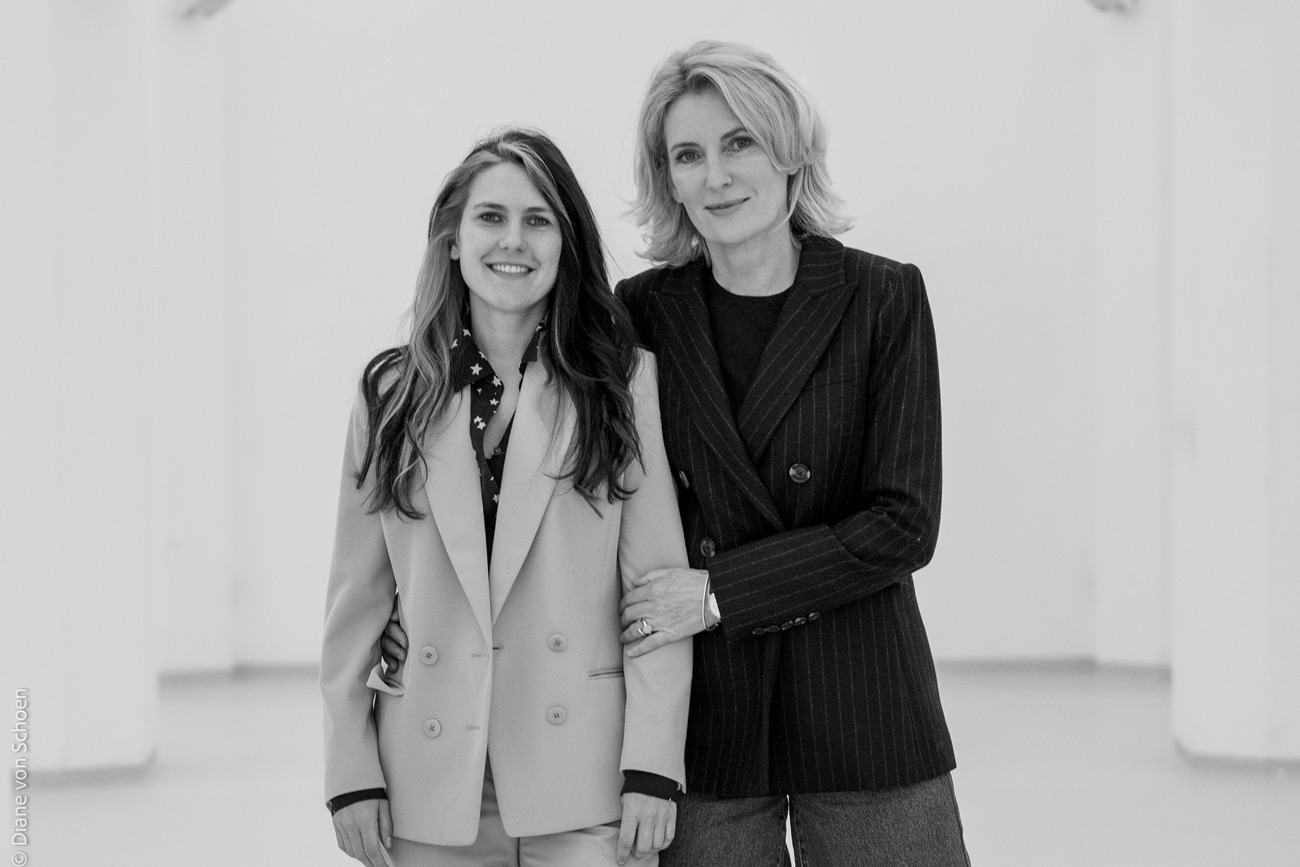
EVENT “CLIMATE CHANGE AND BIODIVERSITY: WHAT DOES TELEVISION SHOW – WHAT DO VIEWERS WANT?”
On October 24th, the results of the study, "What does television show – What do viewers want?”, initiated by the MaLisa Foundation and the four major TV broadcasting groups, were presented and discussed in Munich.
read more...
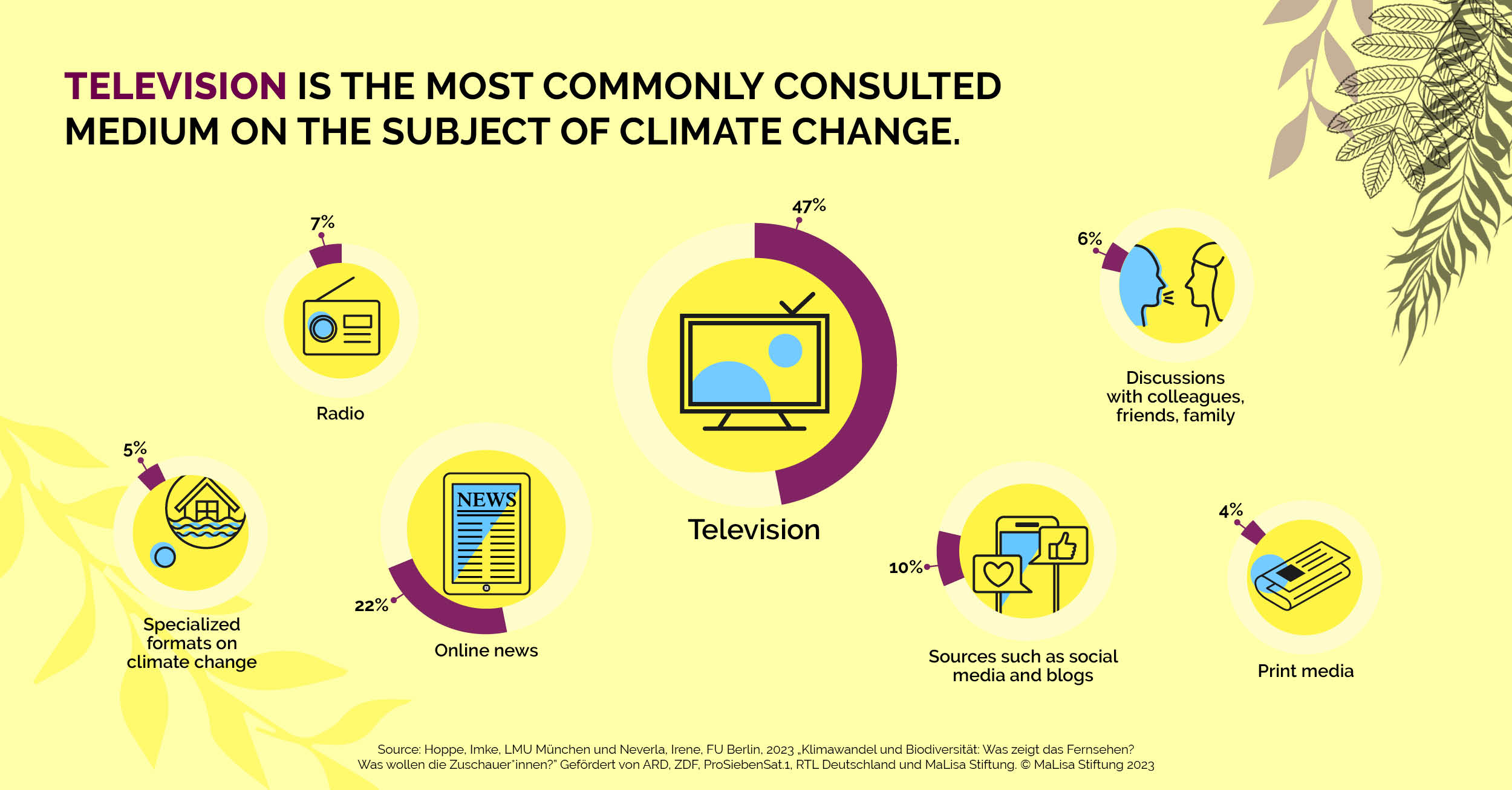
STUDY PUBLISHED ON CLIMATE CHANGE AND BIODIVERSITY
Climate communication on television: A new study provides insights into how the topics of climate change and biodiversity are represented in German television programming and how they are received by the audience. The study was initiated by the MaLisa Foundation together with ARD, ZDF, ProSiebenSat.1 and RTL Deutschland.
read more...

VIOLENCE AGAINST WOMEN: HOW CAN STORYTELLING IN FICTION BECOME PART OF THE SOLUTION?
Ending violence against women and girls has been the goal of the MaLisa Foundation since it was established in 2016. Media shape our perception of reality and thus bear a special responsibility – all the more so for such an urgent societal issue as gender-based violence. A study published in November 2021, initiated and funded by the MaLisa Foundation and UFA GmbH, provides...
read more...
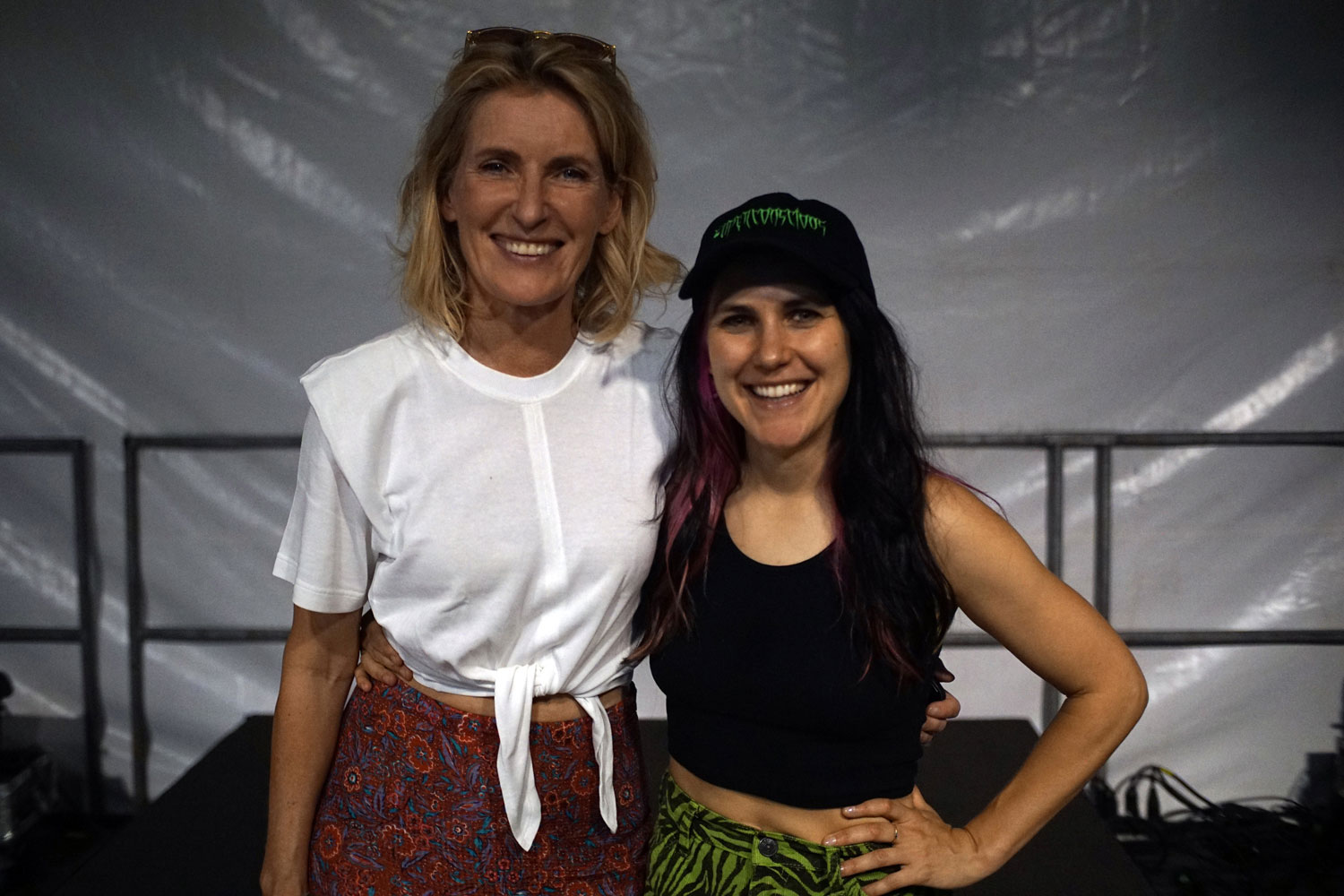
FEMALE FÊTE: THE MALISA FOUNDATION AT FÊTE DE LA MUSIQUE IN BERLIN
The MaLisa Foundation, the Museum of Communication Berlin and Kaffeehaus Dallmayr hosted a performance featuring fem* rap and pop artists, and the UniBigband Berlin at Fête de la Musique on June 21, 2023. The event was part of the Greener Fête de la Musique pilot project, which aims to make Fête de la Musique as sustainable and climate-sensitive as possible.
read more...

Year in review 2022
Diversity in Film, Gender in Music, and Ending Violence against Women: Together with partners and allies, MaLisa Foundation took important steps in 2022 to promote diversity and gender equality. We look back on a fulfilling year with new studies, events, and many other activities.
read more...
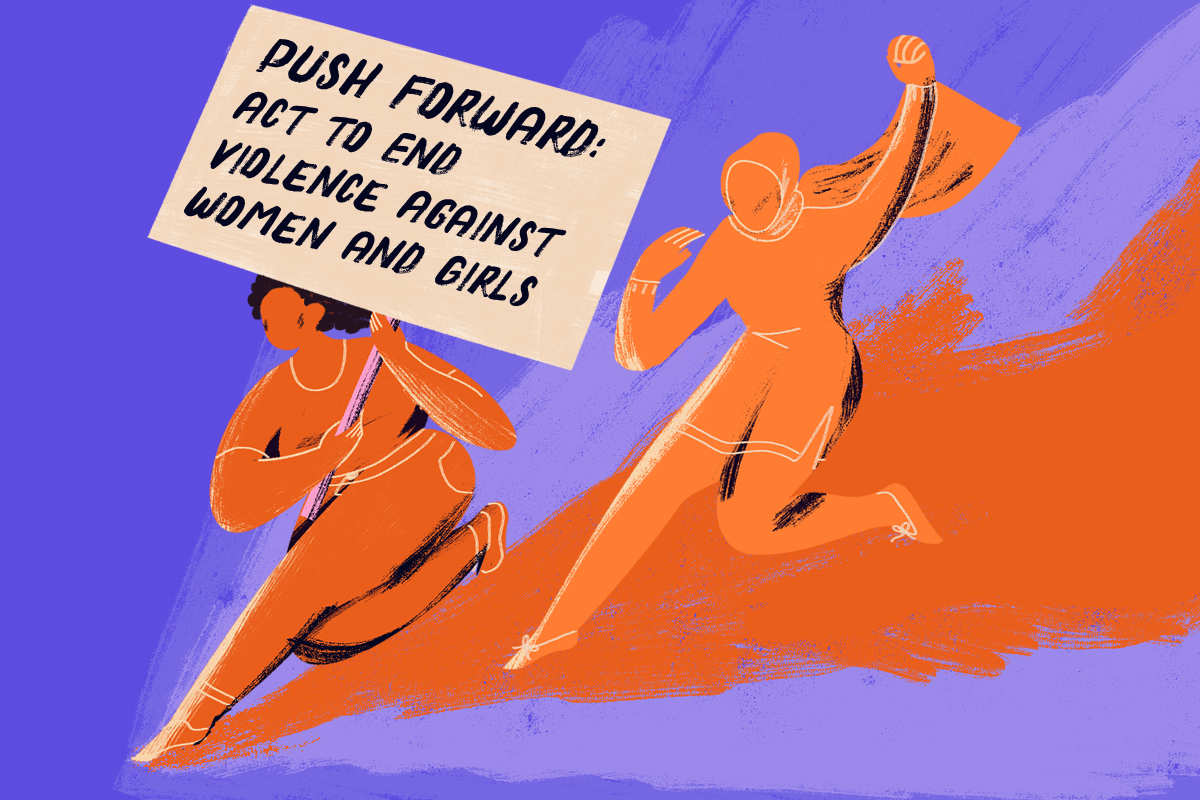
„WE CAN END VIOLENCE AGAINST WOMEN AND GIRLS“
Every third woman in Germany has experienced physical and/or sexual violence. On the occasion of the International Day to End Violence Against Women, Foundation Director Karin Heisecke talks about the roots of the MaLisa Foundation, the responsibility of media professionals, and a world without gender-based violence.
read more...
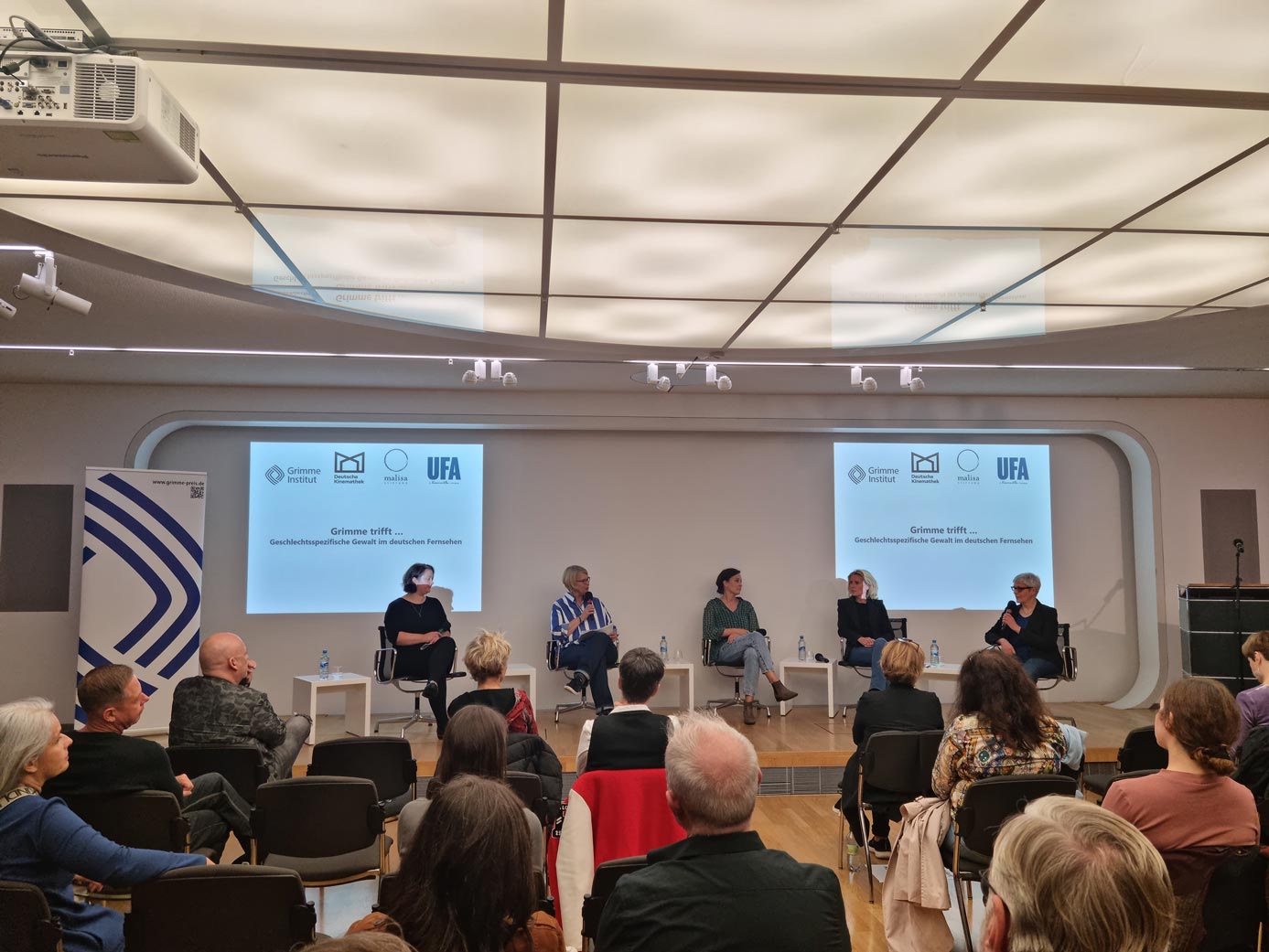
EVENT: “GENDER-BASED VIOLENCE ON GERMAN TELEVISION”
On October 25th 2022, the Grimme Institute, together with the MaLisa Foundation and UFA GmbH, and in cooperation with the Deutsche Kinemathek, hosted the event, "Gender-Based Violence on German Television". The discussion in Berlin was based on a study with the same title from 2021.
read more...

Gender in Music – The MaLisa Foundation at the Reeperbahnfestival
At this year's Reeperbahnfestival in Hamburg, the MaLisa Foundation was actively involved in four events. September 22, 2022 was dedicated to our new research "Gender in Music - Charts, Works and Festival Stages". It was a day full of memorable moments, discussions, encounters - and music.
read more...
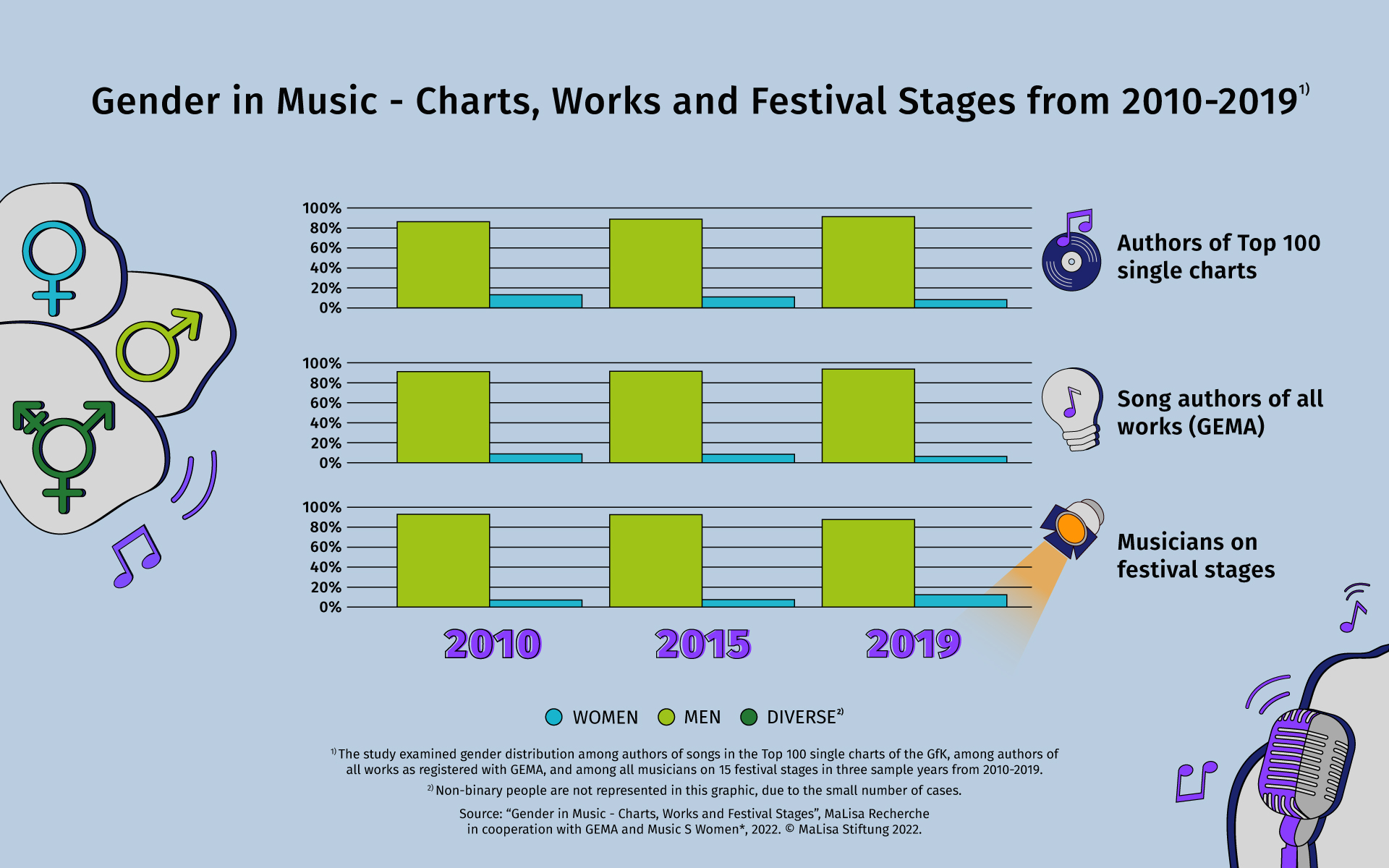
GENDER IN MUSIC – NO EQUALITY OF OPPORTUNITY IN THE MUSIC INDUSTRY
New research by the MaLisa Foundation: Industry remains highly male-dominated. Research by the MaLisa Foundation, in cooperation with GEMA and Music S Women, shows that there has been little change in terms of equality of opportunity since 2010. The study, "Gender in Music - Charts, Works and Festival Stages", focuses on gender distribution in the charts, in GEMA work registrations and on festival stages. The results reveal a clear imbalance. On September 22, 2022, the new data will be discussed at the Reeperbahn Festival.
read more...
- Audiovisual Diversity
- Beendigung von Gewalt gegen Frauen und Mädchen
- Biodiversität
- Fortschrittsstudie
- genderbased violence
- GENDER EQUALITY IN PHILANTHROPY
- Gender representation in Music Videos
- Geschlechterdarstellung
- Kino
- Klima
- music industry
- Review
- Storytelling
- Violence against women
- Women in music